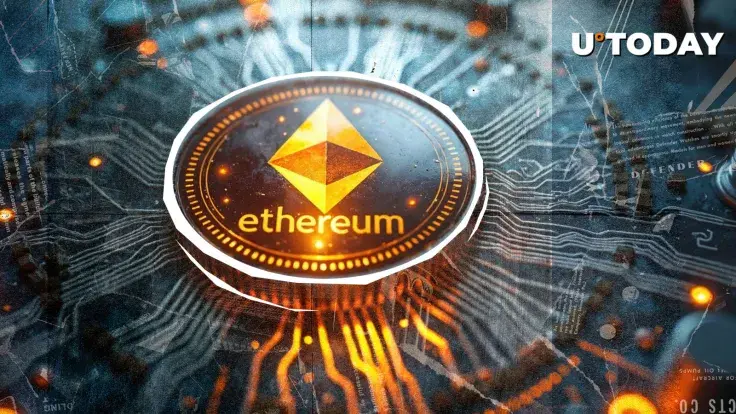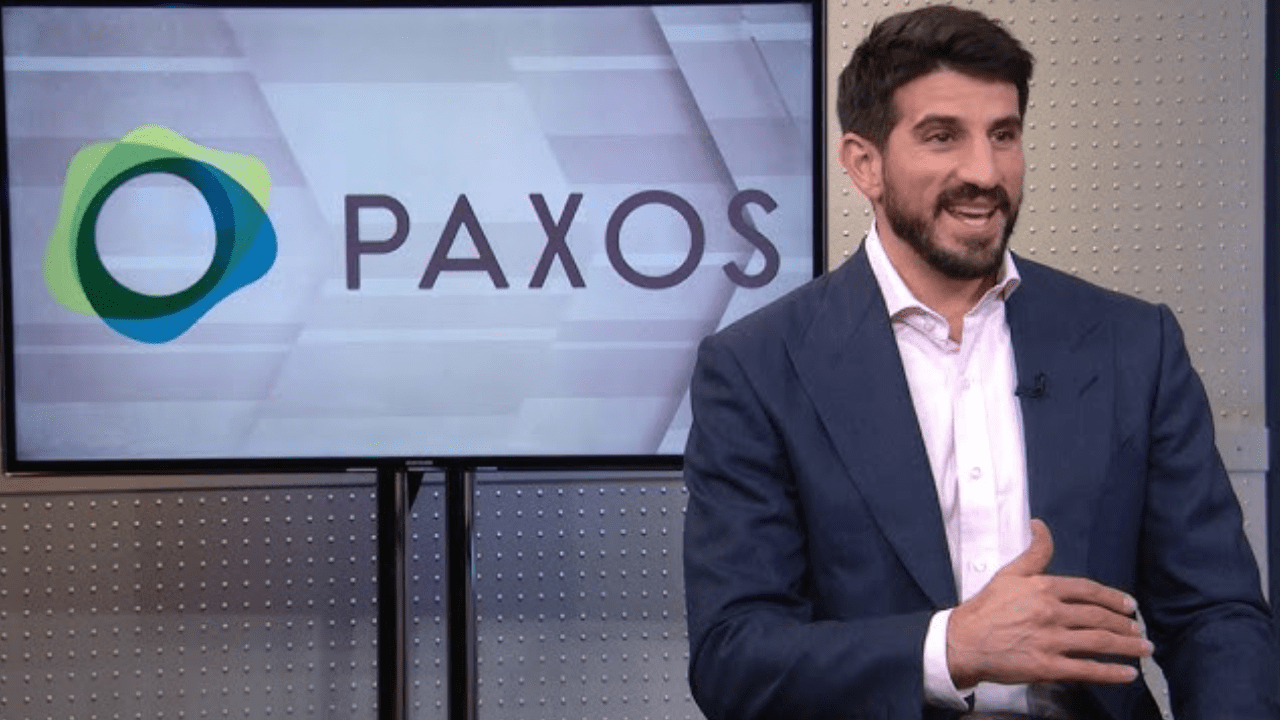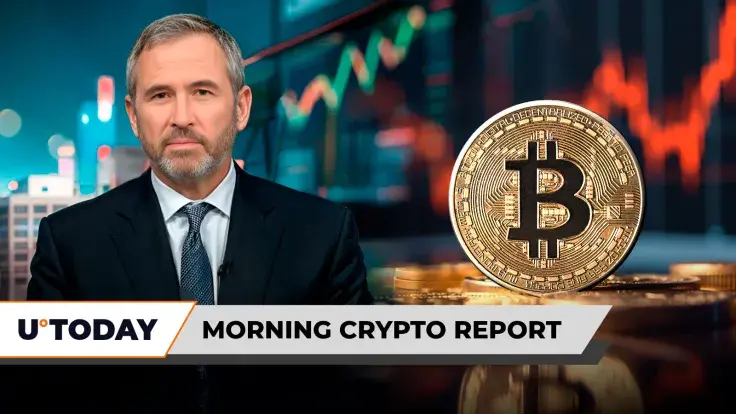Major Ethereum Upgrade Looms: Fusaka Set for Key Testnet Release

The Ethereum mainnet is actively preparing for the highly anticipated Fusaka upgrade, with developers diligently conducting final rehearsals across various testnets. During the All Core Devs Consensus (ACDC) meeting held on October 16, Ethereum developers announced a crucial milestone: the Fusaka upgrade would be launched on the Hoodi testnet on October 28. The Hoodi testnet, which was introduced earlier this year, is specifically engineered to closely mimic Ethereum’s mainnet environment, making its Fusaka launch a near replica of how the upgrade is expected to perform once it goes live on the primary network.
This impending Hoodi testnet launch follows a series of successful preliminary tests on other networks. Most recently, Ethereum developers achieved a successful test of the Fusaka upgrade on the Sepolia network, marking another significant stride toward its mainnet rollout. This success was preceded by an equally successful rollout on the Holesky testnet approximately two weeks prior. A successful activation of Fusaka on the Hoodi testnet on October 28 is crucial, as it would enable developers to establish a definitive date for the upgrade's activation on Ethereum’s mainnet. A tentative mainnet date of December 3 has already been suggested by developers during the last concluded ACDC meeting.
The Fusaka upgrade itself is set to arrive only a few months after Ethereum’s previous major Pectra upgrade. Its primary objective is to significantly lower costs for institutions that utilize the Ethereum network. The critical need for such an upgrade was powerfully illustrated by observations during recent market volatility. Kevin O'Leary, in a recent tweet, highlighted that as markets crashed over a weekend, Ethereum experienced severe congestion, causing transaction fees to skyrocket past $1,000 for even minor transactions. He metaphorically stated, "That’s like paying a thousand-dollar toll to drive on a one-lane highway," emphasizing the prohibitive nature of such costs for users.
To address these challenges, Fusaka introduces an innovative technical solution known as PeerDAS. PeerDAS is a new data verification method that allows network validators to process only specific portions of data, which are referred to as "blobs." By enabling this partial data processing, PeerDAS effectively reduces the overall bandwidth requirements across the network. This mechanism is designed to substantially slash operational costs for both institutional users and layer-2 networks built on Ethereum, thereby enhancing the network's efficiency, scalability, and accessibility for a broader range of applications and users.
You may also like...
Embiid's Back! 76ers Star Returns After Nearly 8-Month Absence

Joel Embiid made a triumphant return to the court for the Philadelphia 76ers after an eight-month absence due to knee su...
Vegas Takes Over! Aces Crowned WNBA Champs, Parade Lights Up The Strip

The Las Vegas Aces celebrated their third WNBA championship in four years with a spectacular parade down the iconic Las ...
Shockwave in Hollywood: ‘9-1-1’ Actor Loses Landmark COVID Vaccine Lawsuit Against Disney!

"9-1-1" actor Rockmond Dunbar's lawsuit against Disney-owned 20th Television, alleging religious discrimination over COV...
Aged 99, Sir David Attenborough Smashes Emmy Record, Becomes Oldest Winner Ever!

Sir David Attenborough has become the oldest ever Daytime Emmy winner at 99, taking home the award for Outstanding Dayti...
Gucci Mane Reveals Past Peacemaking with Drake and Young Thug!

Gucci Mane reflects on his journey in rap, sharing how he apologized to Drake for a past Twitter tirade and extended for...
Country Legend Waylon Jennings' Lost Track 'Songbird' Dominates Billboard Charts!

"Songbird," a new collection of previously unheard recordings from Waylon Jennings, has earned the late country icon his...
Morena Baccarin Unpacks 'Sheriff Country' Character Mickey's Controversial Moral Code

In the new CBS series 'Sheriff Country,' Morena Baccarin stars as Sheriff Mickey Fox, a seasoned law enforcement officer...
Fire Country Shocker: Showrunner Breaks Silence on Season 4 Premiere Death and Wild Future

Season 4 of 'Fire Country' sees Edgewater and Station 42 grapple with the monumental death of Vince Leone, impacting Bod...




